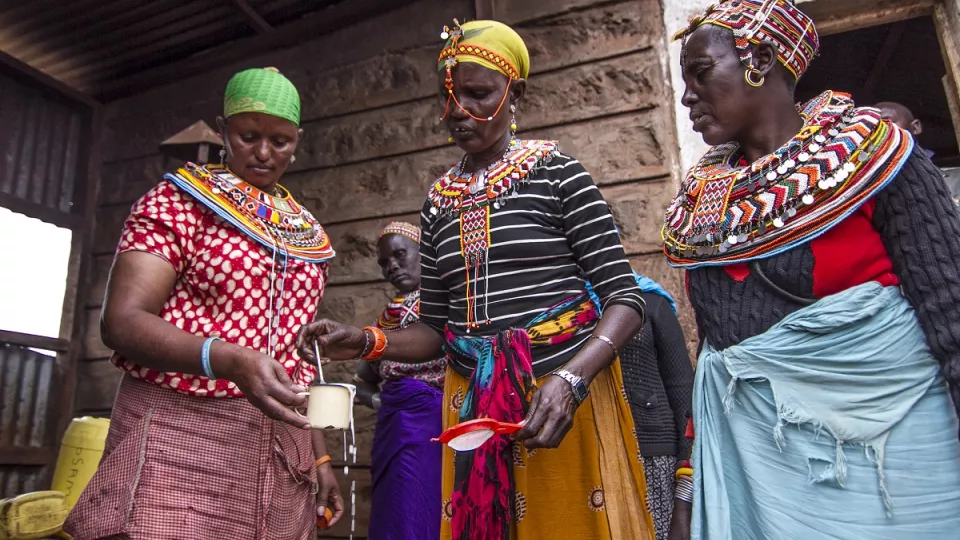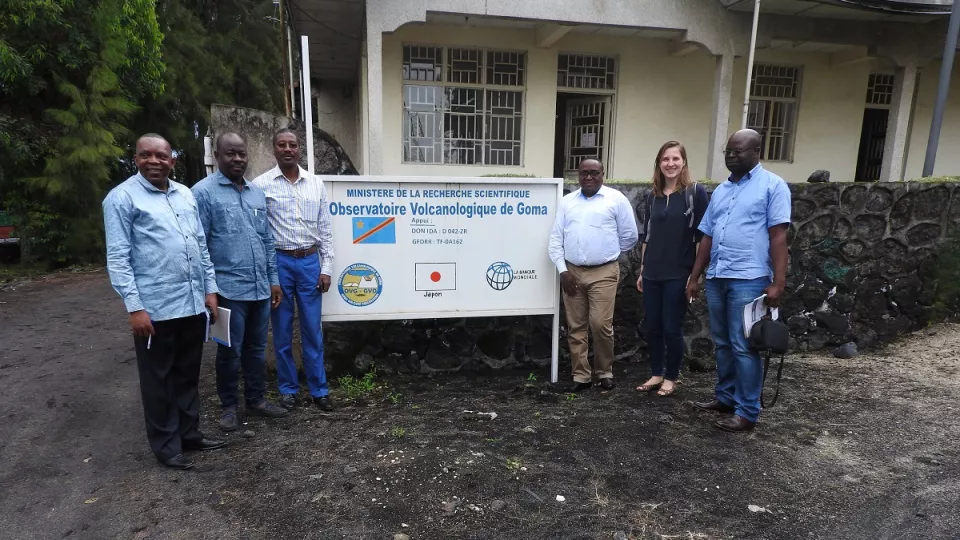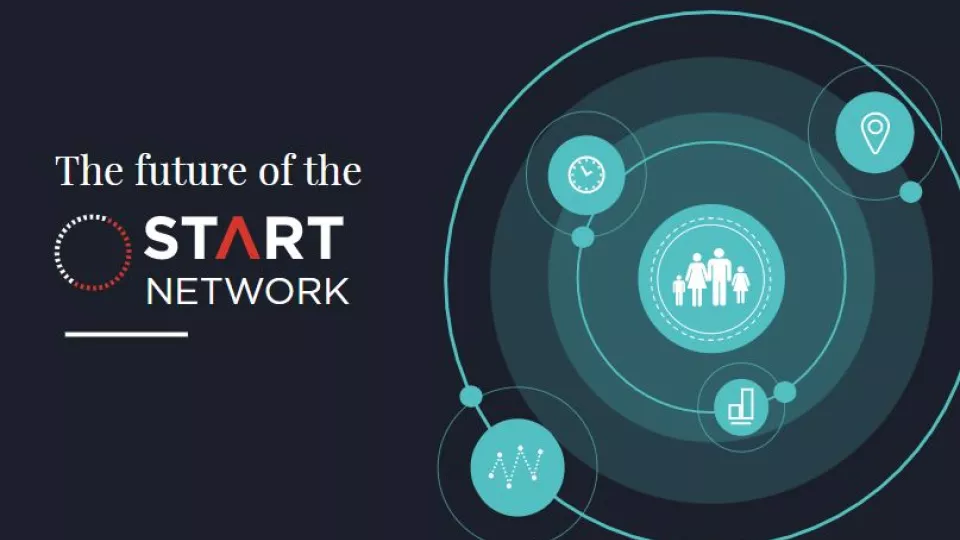Charter4Change: is progress being made?
On behalf of the Charter4Change secretariat, we would like to share the following survey opportunity.
On behalf of the Charter4Change secretariat, we would like to share the following survey opportunity.

Three years ago at the World Humanitarian Summit in Istanbul, world leaders and humanitarian agencies including the Start Network committed to scale up support for locally-led humanitarian action. What has been the progress since then? What milestones has the humanitarian achieved done since then?
The Start Network has received responses from more than 230 organisations in more than 60 countries, looking to create and join national and regional Start Network hubs. The hubs are being created to shift greater power and resources to those closest to humanitarian crises.
Andrew Kavala, Executive Director of MANEPO explains why working with Start Network is important for MANEPO, and how Start Network has given MANEPO an opportunity to show that local and national NGOs are capable of delivering emergency programmes in a timely and effective manner if given space and opportunity.
This new guide brings together knowledge and resources from across the Disasters and Emergencies Preparedness Programme (DEPP) to provide agencies with practical resources on how to deliver preparedness effectively in ten areas.

Start Fund visit to Goma, DRC: A long awaited and very welcome event. In February 2018, Melina Koutsis from the Start Fund team visited Goma in the Democratic Republic of Congo (DRC) to facilitate the induction of our new Start Fund Regional Advisor for West and Central Africa, Antoine Sanon.
Shifting the Power (StP) is a three-year project that aims to strengthen the capacity and influence of local and national humanitarian actors, and to contribute to the development of a more balanced humanitarian system. StP is part of the three-year Disasters and Emergencies Preparedness Programme (DEPP) and is being implemented by a consortium of six INGOs: ActionAid, CAFOD, Christian Aid, Concern, Oxfam and Tearfund. The consortium is working alongside 55 local and national NGO (L/NNGO) partners in Bangladesh, DRC, Ethiopia, Kenya and Pakistan. The project is comprised of five ‘outputs’, relating to capacity strengthening, supporting representation and voice of local partners, consortium member INGOs ‘walking the talk’, collaboration with other DEPP projects, and learning and evidence sharing. This learning review took place between July and September 2017 (towards the end of the project). It examines how the project has influenced local and national partner’s response to emergencies, and which capacity strengthening activities have been most successful. The data on which the review is based was collected from StP staff, L/NNGO partners, and INGO consortium members through a variety of means including: qualitative surveys, field visits, Key Informant Interviews (KIIs), Focus Group Discussions (FGDs), Skype calls and extensive document reviews. The programme has seen some immediate results and benefits. There are numerous examples from all StP countries of L/NNGO progress in being prepared for and able to respond to emergencies. Positively, reports of the progress achieved as a result of being part of StP was not limited to one or two L/NNGOs, nor were they limited to one area of progress per L/NNGO.
Shifting the Power (StP) is a three-year project that aims to strengthen the capacity and influence of local and national humanitarian actors, and to contribute to the development of a more balanced humanitarian system. StP is part of the three-year Disasters and Emergencies Preparedness Programme (DEPP) and is being implemented by a consortium of six INGOs: ActionAid, CAFOD, Christian Aid, Concern, Oxfam and Tearfund. The consortium is working alongside 55 local and national NGO (L/NNGO) partners in Bangladesh, DRC, Ethiopia, Kenya and Pakistan. The project is comprised of five ‘outputs’, relating to capacity strengthening, supporting representation and voice of local partners, consortium member INGOs ‘walking the talk’, collaboration with other DEPP projects, and learning and evidence sharing.

To prepare for the change needed in the future, the Start Network’s 42 members came together over the last six months, to co-create a vision for the network, called Start Evolves, based on experience gained over our first eight years. This proposal was unanimously endorsed by our membership in November 2017.